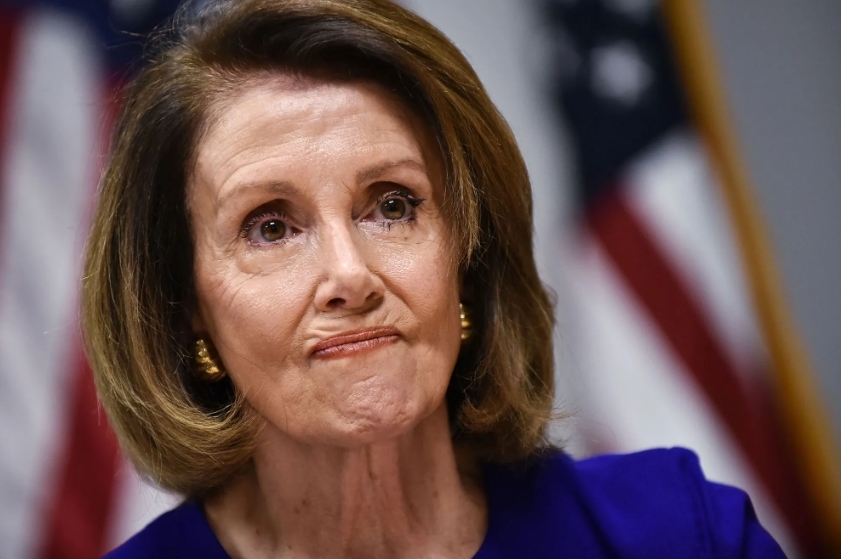In a recent interview with The New York Times, Rep. Nancy Pelosi (D-CA) made a controversial claim, asserting that fewer illegal aliens entered the United States under President Joe Biden’s administration compared to President-elect Donald Trump’s first term.
Pelosi’s statement, however, is contradicted by data. Under Biden’s leadership, more than 10 million illegal aliens are estimated to have entered the U.S., a stark contrast to the approximately 2.5 million who entered during Trump’s tenure.
In the interview, Pelosi, age 84, attributed Democrats' losses in the 2024 elections to “cultural issues” rather than the policy issues on which many voters reportedly focused. Pelosi argued that voters misunderstood the party’s stance, implying that Democrats’ messaging was not clear enough.
“I don’t think we were clear enough by saying fewer people came in under President Biden than came under Donald Trump,” Pelosi stated, attempting to frame immigration as a cultural matter.
Pelosi also took issue with the notion that Democrats had lost touch with working-class Americans, a criticism she dismissed as “not correct.” However, the interviewer highlighted that voters overwhelmingly cited concerns about the economy, inflation, and immigration—key policy areas—as central factors in their voting decisions.
Pelosi, doubling down, argued that immigration was indeed a cultural issue, referencing Trump’s statements about criminal activity among some illegal aliens and claiming that this narrative shifted the debate from policy to cultural perception.
— Donald J. Trump (@realDonaldTrump) August 19, 2024
The interview became increasingly pointed when the Times reporter noted the strain felt in communities impacted by increased illegal immigration, saying that Americans “felt quite strongly” about the impact of “millions of illegal aliens pouring” into the country. Yet Pelosi responded by claiming that illegal aliens were not criminals, even though unlawful entry into the U.S. violates federal law and some of those entering have indeed been involved in criminal activities, either in the U.S. or abroad.
Pelosi’s responses underscore a challenging reality for Democrats: the disconnect between the party’s messaging and the issues driving voters' concerns. In dismissing immigration as a cultural issue rather than a policy concern, Pelosi sought to reframe the discussion, yet her statements highlight the complexities the Democratic Party faces in addressing immigration. Pelosi’s claims about Biden’s handling of immigration, contrasted with the factual numbers, reveal a tension between narrative and policy that remains unresolved.


